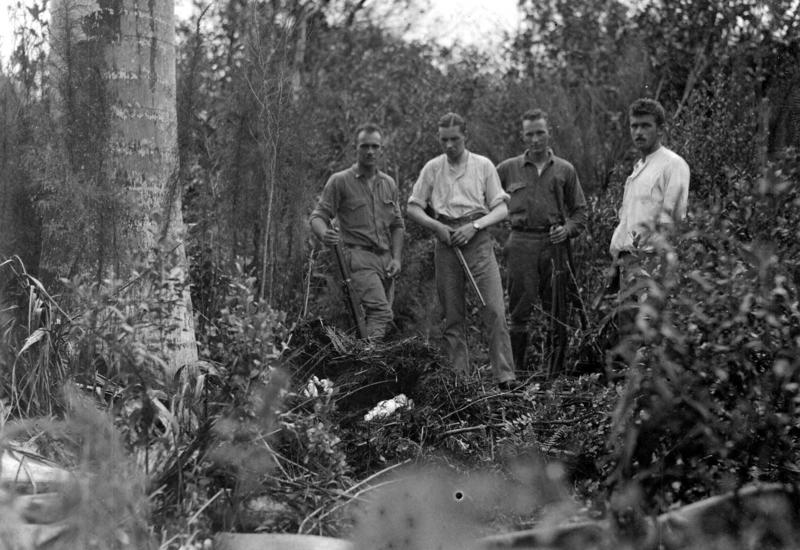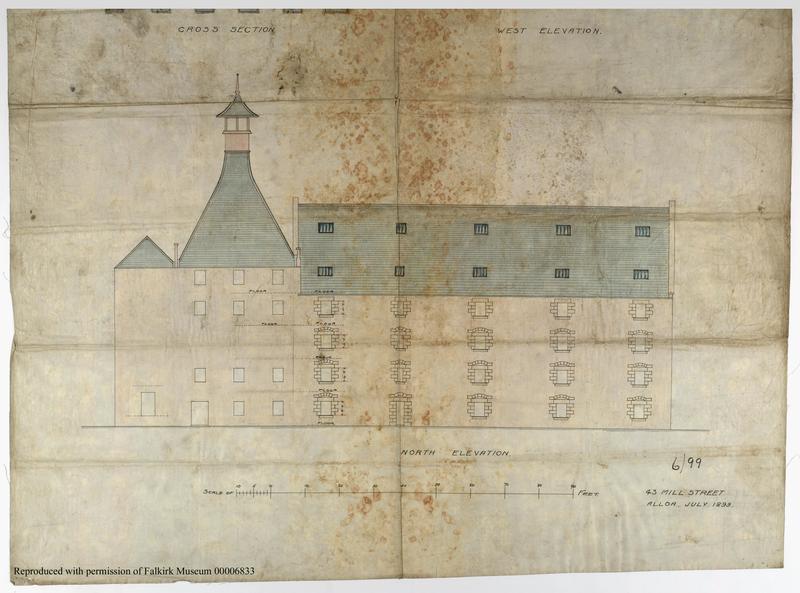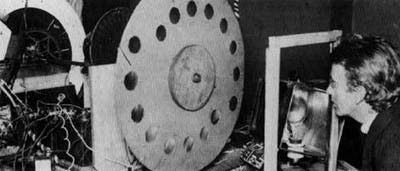Discover the story of a local fighter pilot and war hero.
Youth
James Fitz Morris was born on the 6th of April 1897 in Polmont. He was the son of James and Jean Fitz Morris. The family lived at Rosehall, Polmont, and he was educated at Laurieston School. In the photo above you can see him (centre) wearing his Boys Brigade uniform, with two other boys, around 1910.
When the First World War broke out, teenaged James joined up as a motorcycle despatch rider before being promoted to Second Lieutenant in the Royal Flying Corps in 1915. In June 1916, he was mentioned in despatches, having shot down two aircraft in the course of his duties.
In August 1916, Fitz Morris was wounded when his plane was shot down. It lost a wheel and the wing was damaged. Although Fitz Morris managed to land the stricken aircraft, he was thrown from the plane and his face was injured.
Having recovered from his wounds, Fitz Morris went to Grantham where he lectured and instructed flying squadrons, eventually being promoted to Captain in recognition of his services. He went on to receive further distinctions: he was awarded the Military Cross for downing many enemy aircraft in November 1917, and in early 1918 he gained a Bar to Military Cross, as well as receiving the Belgian Croix de Guerre and a recommendation for the Distinguished Service Order.


The Captain
As a recognised flying “ace,” Captain Fitz Morris was sent to America to drum up support for the war, where he participated in flying exhibitions. You can see him in the above photograph in the USA during his 1918 visit with the British Aviation Mission. It was during one of these exhibitions in Cincinnati on the 14th of August 1918, aged just 21, that Captain Fitz Morris was tragically killed in an accident when his engine cut out and the plane nose-dived into the ground beneath.
Over a quarter of a million people attended his military funeral in Cincinnati where he was temporarily interred before his father arranged to have his body returned home. A second funeral with full military colours was held in his home town of Polmont, where once again people turned out in high numbers to pay their respects. A few months prior to his death the people of Polmont had presented Captain Fitz Morris with a sword of honour and a gold watch in recognition of his wartime services.
By Laurieston Primary School pupils, from the Falkirk Community Trust archives: “Our Area in the First World War: Memorial, Reflection, and Restoration,” a project delivered in partnership with the National Lottery Heritage Lottery Fund, Falkirk Council and IWM.

